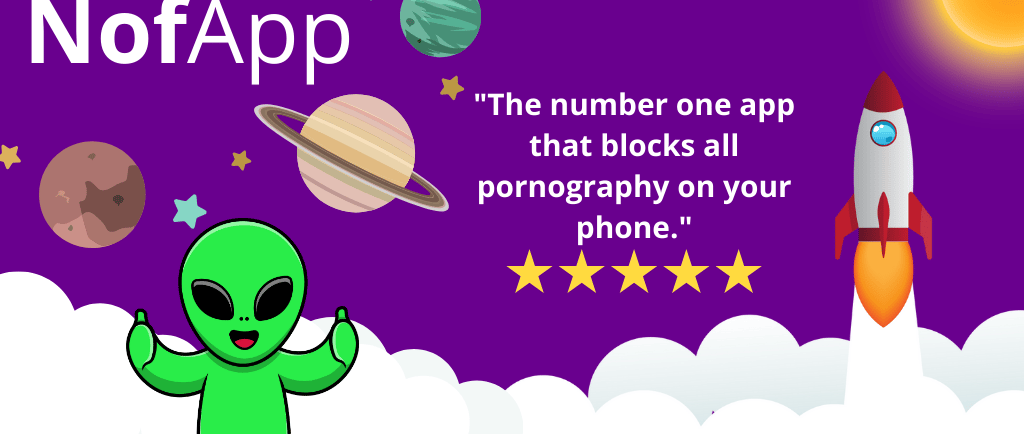Understanding and Coping with Challenges of Porn Addiction Withdrawal
Learn effective strategies for understanding and coping with the challenges that arise during porn addiction withdrawal. Explore various techniques and resources to support your journey towards rec...


The Challenges of Porn Addiction Withdrawal: Understanding the Symptoms
When it comes to addiction, we often think of substances like drugs or alcohol. However, addiction can take many forms, including pornography addiction. Just like any other addiction, quitting pornography can come with its own set of challenges and withdrawal symptoms. In this blog post, we will explore the withdrawal symptoms associated with porn addiction and offer some insights on how to cope with them.
Understanding Porn Addiction
Pornography addiction, also known as compulsive sexual behavior disorder, is characterized by an excessive and uncontrollable urge to consume pornography. This addiction can have a negative impact on various aspects of a person's life, including relationships, work, and mental health.
Quitting porn can be a difficult process, as the brain has become accustomed to the constant release of dopamine triggered by explicit content. When an individual decides to quit, they may experience withdrawal symptoms similar to those experienced by individuals withdrawing from other addictive substances.
Common Withdrawal Symptoms
1. Intense Cravings: One of the most common withdrawal symptoms experienced by individuals quitting porn addiction is intense cravings. The brain has associated the consumption of explicit content with pleasure, leading to a strong desire to engage in the behavior.
2. Emotional Distress: Quitting porn addiction can lead to emotional distress, including feelings of anxiety, irritability, and restlessness. These emotions are often a result of the brain's adjustment to the absence of the constant dopamine release.
3. Difficulty Concentrating: Porn addiction withdrawal can also impact a person's ability to concentrate. The brain may struggle to focus on tasks that do not provide the same level of stimulation as explicit content.
4. Sleep Problems: Insomnia or disrupted sleep patterns are common during the early stages of porn addiction withdrawal. The brain's craving for the dopamine release provided by pornography can make it difficult to relax and fall asleep.
5. Physical Symptoms: Some individuals may experience physical symptoms such as headaches, muscle tension, or even gastrointestinal issues during the withdrawal process. These symptoms can be a result of the body's response to the stress and emotional turmoil associated with quitting porn addiction.
Coping Strategies
While the withdrawal symptoms of porn addiction can be challenging, there are several strategies that can help individuals cope during this process:
1. Seek Support: Reach out to a therapist, counselor, or support group specializing in addiction recovery. They can provide guidance, understanding, and support throughout the withdrawal process.
2. Practice Self-Care: Take care of your physical and mental well-being by engaging in activities that promote relaxation and reduce stress. This can include exercise, meditation, spending time in nature, or pursuing hobbies.
3. Create a Supportive Environment: Surround yourself with people who understand and support your journey towards recovery. Avoid triggers and environments that may tempt you to engage in the addictive behavior.
4. Develop Healthy Coping Mechanisms: Find alternative ways to manage stress and emotions. This can include journaling, practicing mindfulness, or engaging in creative outlets such as art or music.
5. Set Realistic Goals: Recovery is a process that takes time. Set realistic goals for yourself and celebrate small victories along the way. Remember that setbacks are a normal part of the journey and should not discourage you from continuing to work towards recovery.
Conclusion
Quitting porn addiction is a courageous step towards a healthier and more fulfilling life. While the withdrawal symptoms can be challenging, it is important to remember that they are temporary and a sign of progress. By understanding these symptoms and implementing coping strategies, individuals can navigate the withdrawal process with greater ease and increase their chances of long-term recovery.
If you or someone you know is struggling with porn addiction, don't hesitate to seek professional help. There are resources available to support you on your journey towards recovery.


